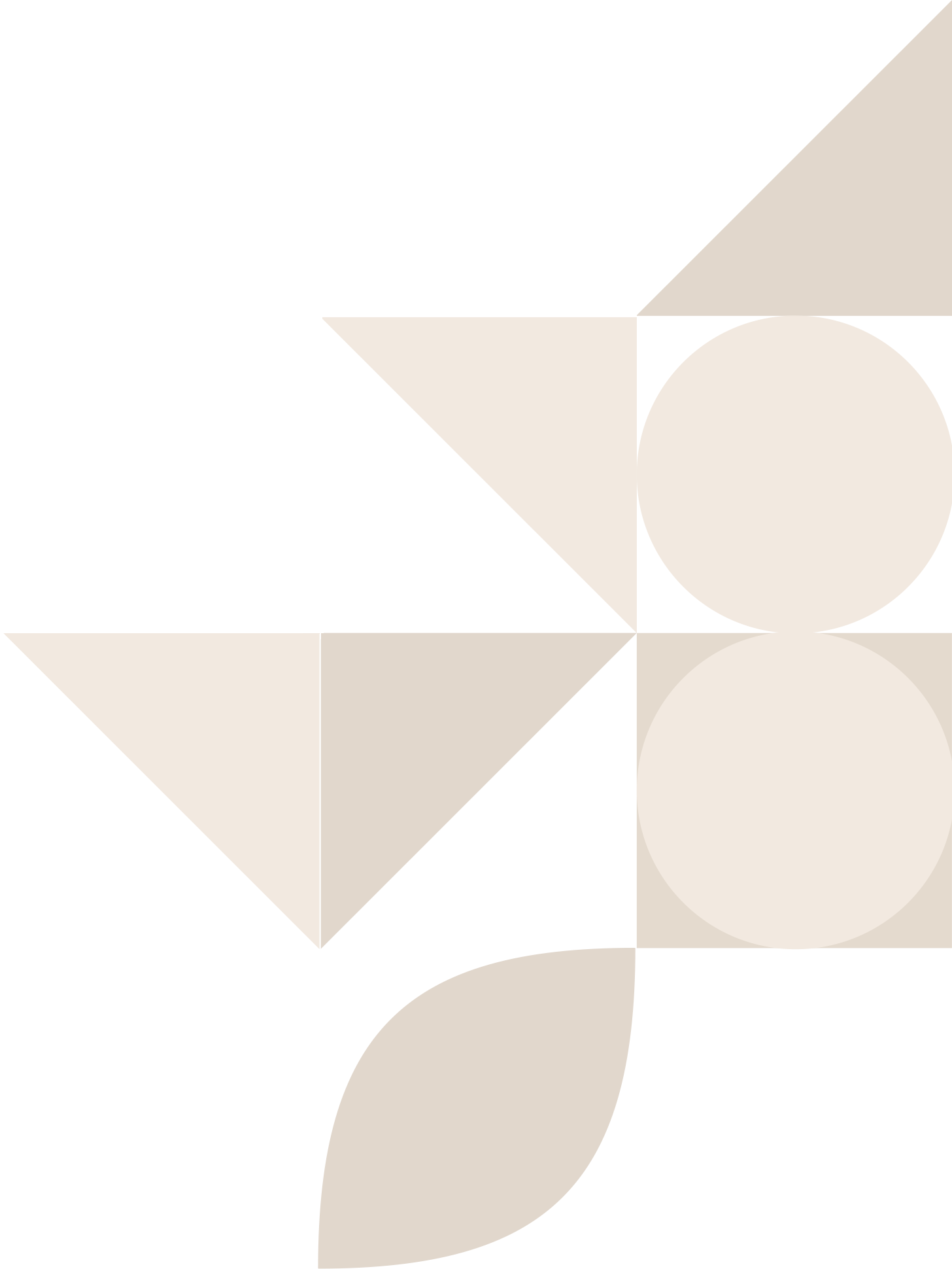Discover everything about sustainability from Thomas van Neerbos
Thomas van Neerbos
Speaker Coach, Speechwriter & Tekstdokter. Docent Retorica UvA & Host @Fantasiewerelden. Altijd op zoek naar mooie verhalen, in welke vorm dan ook.
110 posts / 50 following / 521 followers
The Case Against Travel 🧳
Ok. Niemand leest hele New Yorker artikelen - maar deze wel. Het is zó goed! We moeten allemaal onze reizen opnieuw bezien. Door dit artikel weet ik hoe. Een oprecht nieuwe kijk op wat reizen is. Nooit werd onze vreemde lofzang op het reizen zo goed beschreven als in dit artikel, hieronder een paar geestige gedachten: Denk eens over je eigen reizen zoals je over die van anderen denkt: - Je wil zelf wel reizen maar geen toeristen in je stad. - Je wil vertellen over jouw reis maar niet luisteren naar de reisverhalen van anderen. We vertellen nooit echt over wat we meemaken, blijven steken in de beweging… “Tourism is marked by its locomotive character. “I went to France.” O.K., but what did you do there? “I went to the Louvre.” O.K., but what did you do there? “I went to see the ‘Mona Lisa.’ ” That is, before quickly moving on: apparently, many people spend just fifteen seconds looking at the “Mona Lisa.” It’s locomotion all the way down.” We valideren de waarde van onze reizen via anderen. Hun kennis, hun checklist, hun ansichtkaart: “The tourist is a deferential character. He outsources the vindication of his experiences to the ethnologist, to postcards, to conventional wisdom about what you are or are not supposed to do in a place. This deference, this “openness to experience,” is exactly what renders the tourist incapable of experience.” “Travel gets branded as an achievement: see interesting places, have interesting experiences, become interesting people. Is that what it really is? Pessoa, Emerson, and Chesterton believed that travel, far from putting us in touch with humanity, divorced us from it. Travel turns us into the worst version of ourselves while convincing us that we’re at our best. Call this the traveller’s delusion.” Reizen verandert ons niet, of maar voor heel even… “The single most important fact about tourism is this: we already know what we will be like when we return. Travel is a boomerang. It drops you right where you started.” (afbeelding 2) Reizen is dus vooral even ontsnappen, waarom moet het dan meer zijn? “Travel is fun, so it is not mysterious that we like it. What is mysterious is why we imbue it with a vast significance, an aura of virtue. If a vacation is merely the pursuit of unchanging change, an embrace of nothing, why insist on its meaning?” “You don’t like to think about the fact that someday you will do nothing and be nobody. You will only allow yourself to preview this experience when you can disguise it in a narrative about how you are doing many exciting and edifying things.” Daarom, in het kort, in de woorden van Fernando Pessoa: “Ah, let those who don’t exist travel! Travel is for those who cannot feel… Only extreme poverty of the imagination justifies having to move around to feel.” Laten we vaker blijven waar we zijn. Elke plek heeft iets moois. Leer je eigen plek kennen. En weet wat je doet als je reist.

Ok. Niemand leest hele New Yorker artikelen - maar deze wel. Het is zó goed! We moeten allemaal onze reizen opnieuw bezien. Door dit artikel weet ik hoe.
Een oprecht nieuwe kijk op wat reizen is. Nooit werd onze vreemde lofzang op het reizen zo goed beschreven als in dit artikel, hieronder een paar geestige gedachten:
Denk eens over je eigen reizen zoals je over die van anderen denkt:
- Je wil zelf wel reizen maar geen toeristen in je stad.
- Je wil vertellen over jouw reis maar niet luisteren naar de reisverhalen van anderen.
We vertellen nooit echt over wat we meemaken, blijven steken in de beweging…
“Tourism is marked by its locomotive character. “I went to France.” O.K., but what did you do there? “I went to the Louvre.” O.K., but what did you do there? “I went to see the ‘Mona Lisa.’ ” That is, before quickly moving on: apparently, many people spend just fifteen seconds looking at the “Mona Lisa.” It’s locomotion all the way down.”
We valideren de waarde van onze reizen via anderen. Hun kennis, hun checklist, hun ansichtkaart:
“The tourist is a deferential character. He outsources the vindication of his experiences to the ethnologist, to postcards, to conventional wisdom about what you are or are not supposed to do in a place. This deference, this “openness to experience,” is exactly what renders the tourist incapable of experience.”
“Travel gets branded as an achievement: see interesting places, have interesting experiences, become interesting people. Is that what it really is? Pessoa, Emerson, and Chesterton believed that travel, far from putting us in touch with humanity, divorced us from it. Travel turns us into the worst version of ourselves while convincing us that we’re at our best. Call this the traveller’s delusion.”
Reizen verandert ons niet, of maar voor heel even…
“The single most important fact about tourism is this: we already know what we will be like when we return.
Travel is a boomerang. It drops you right where you started.” (afbeelding 2)
Reizen is dus vooral even ontsnappen, waarom moet het dan meer zijn?
“Travel is fun, so it is not mysterious that we like it. What is mysterious is why we imbue it with a vast significance, an aura of virtue. If a vacation is merely the pursuit of unchanging change, an embrace of nothing, why insist on its meaning?”
“You don’t like to think about the fact that someday you will do nothing and be nobody. You will only allow yourself to preview this experience when you can disguise it in a narrative about how you are doing many exciting and edifying things.”
Daarom, in het kort, in de woorden van Fernando Pessoa:
“Ah, let those who don’t exist travel! Travel is for those who cannot feel… Only extreme poverty of the imagination justifies having to move around to feel.”
Laten we vaker blijven waar we zijn. Elke plek heeft iets moois. Leer je eigen plek kennen. En weet wat je doet als je reist.




